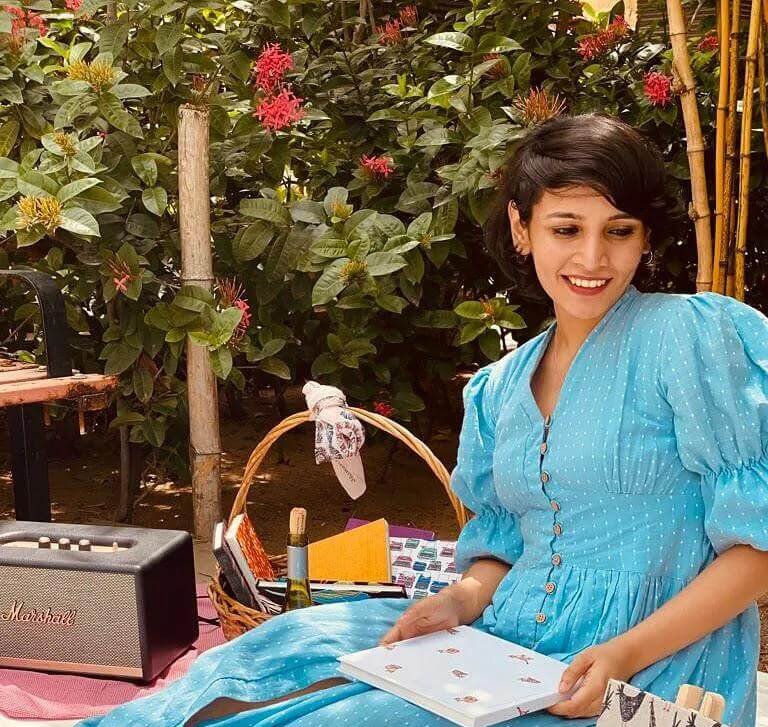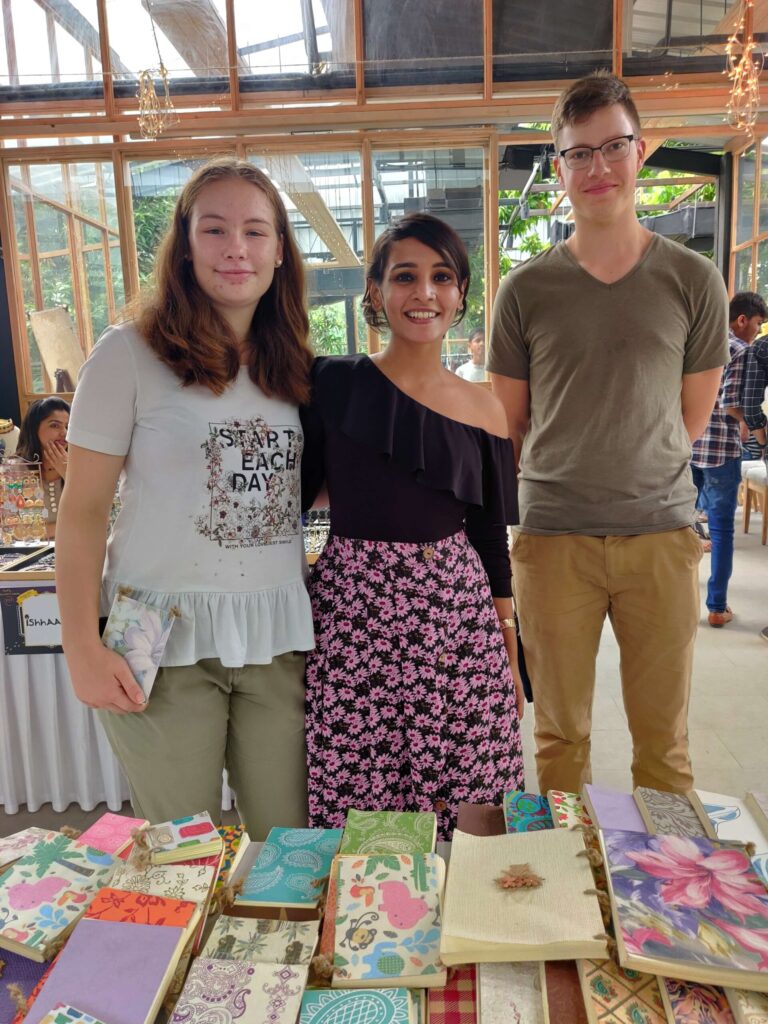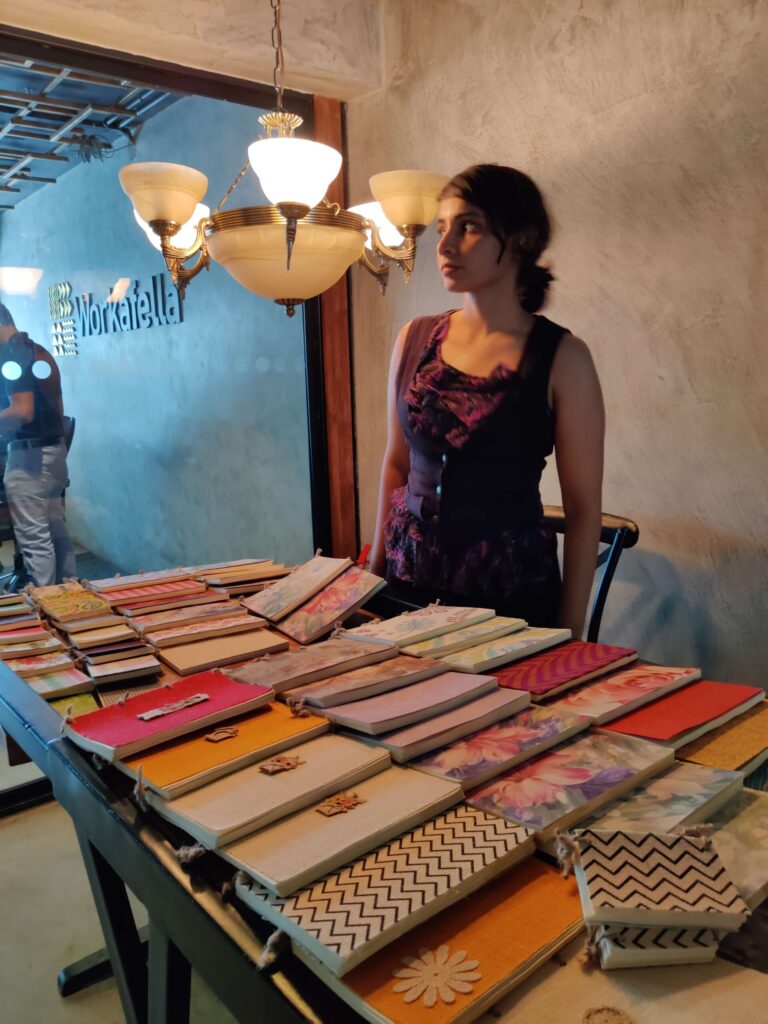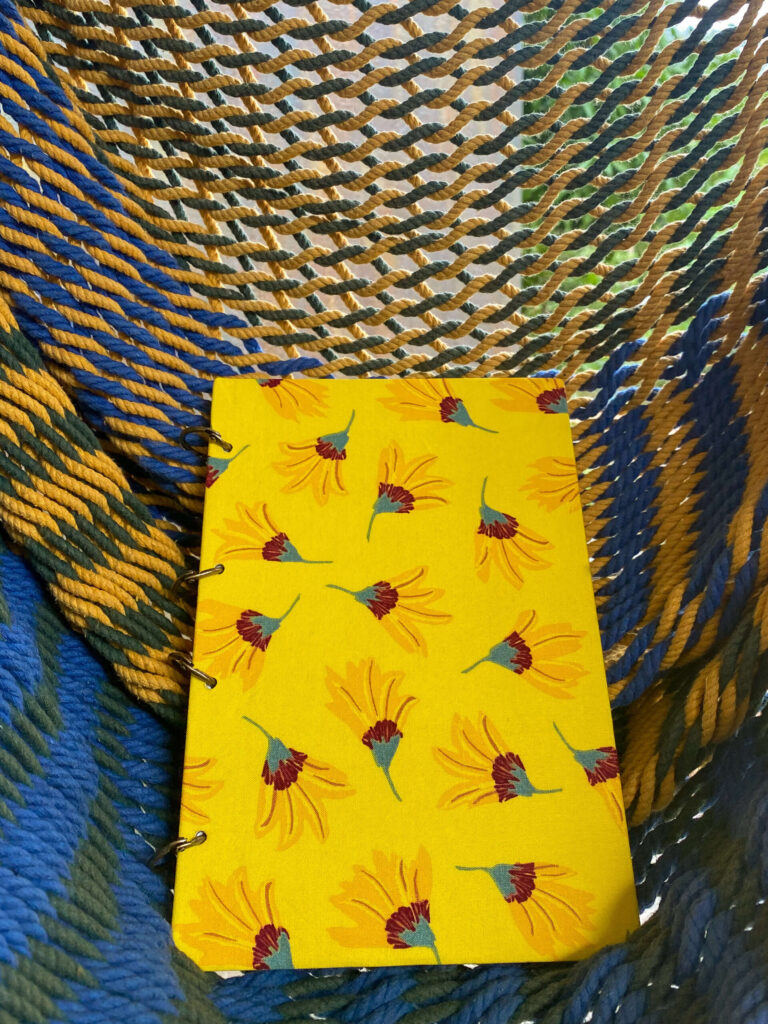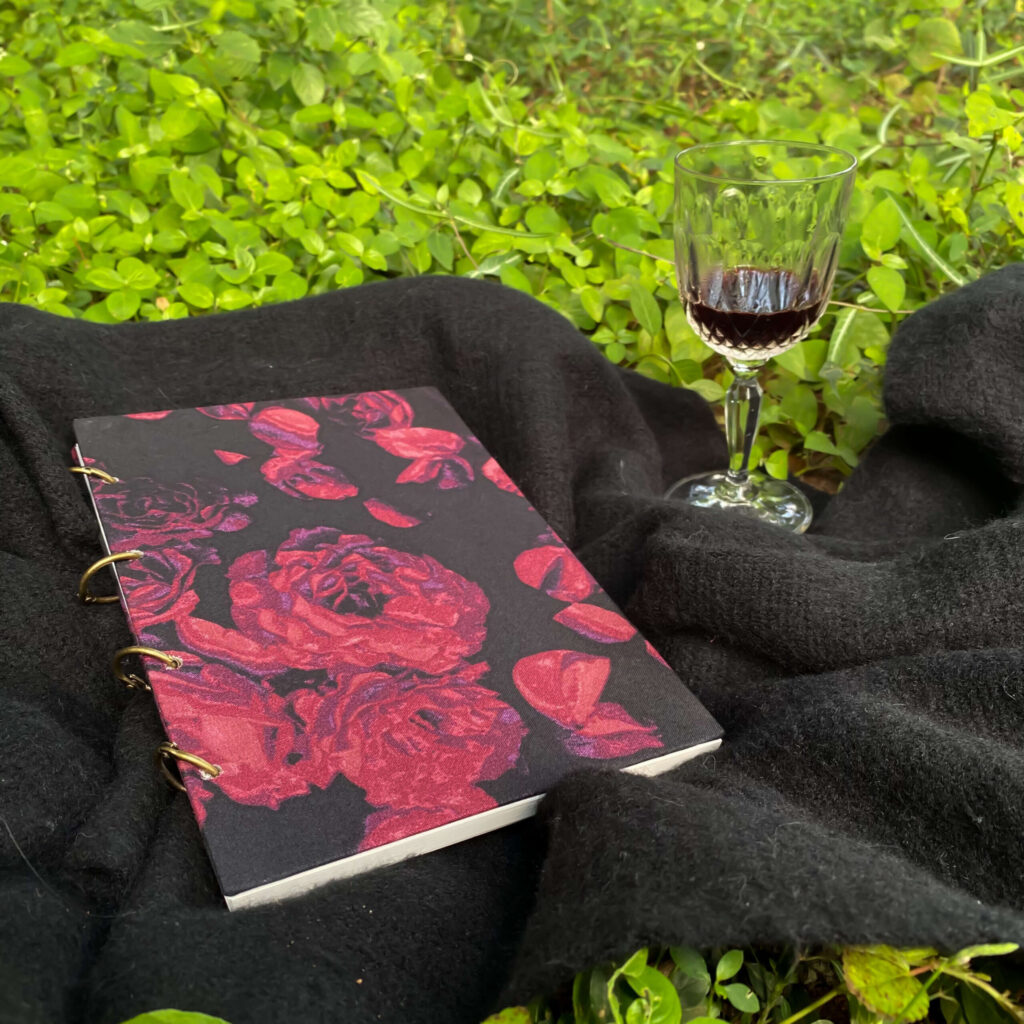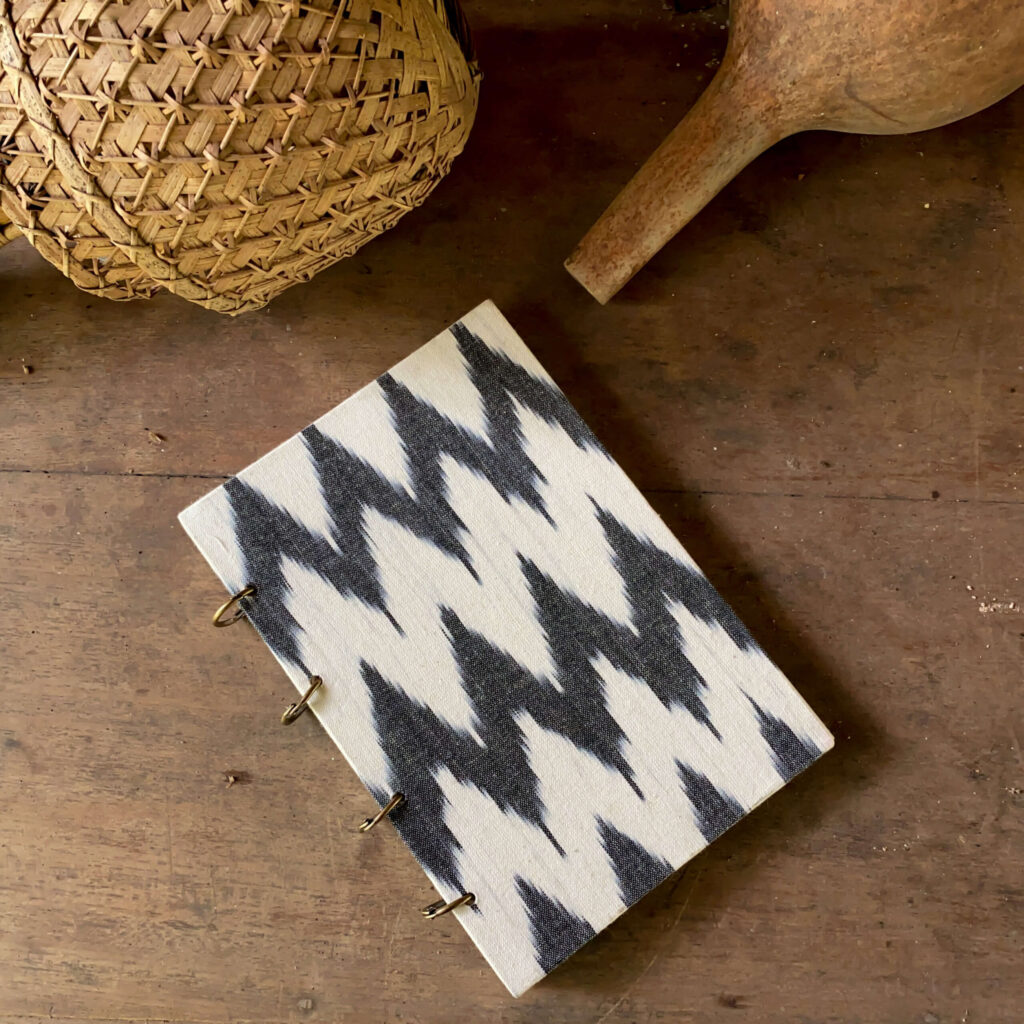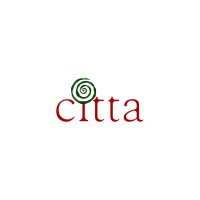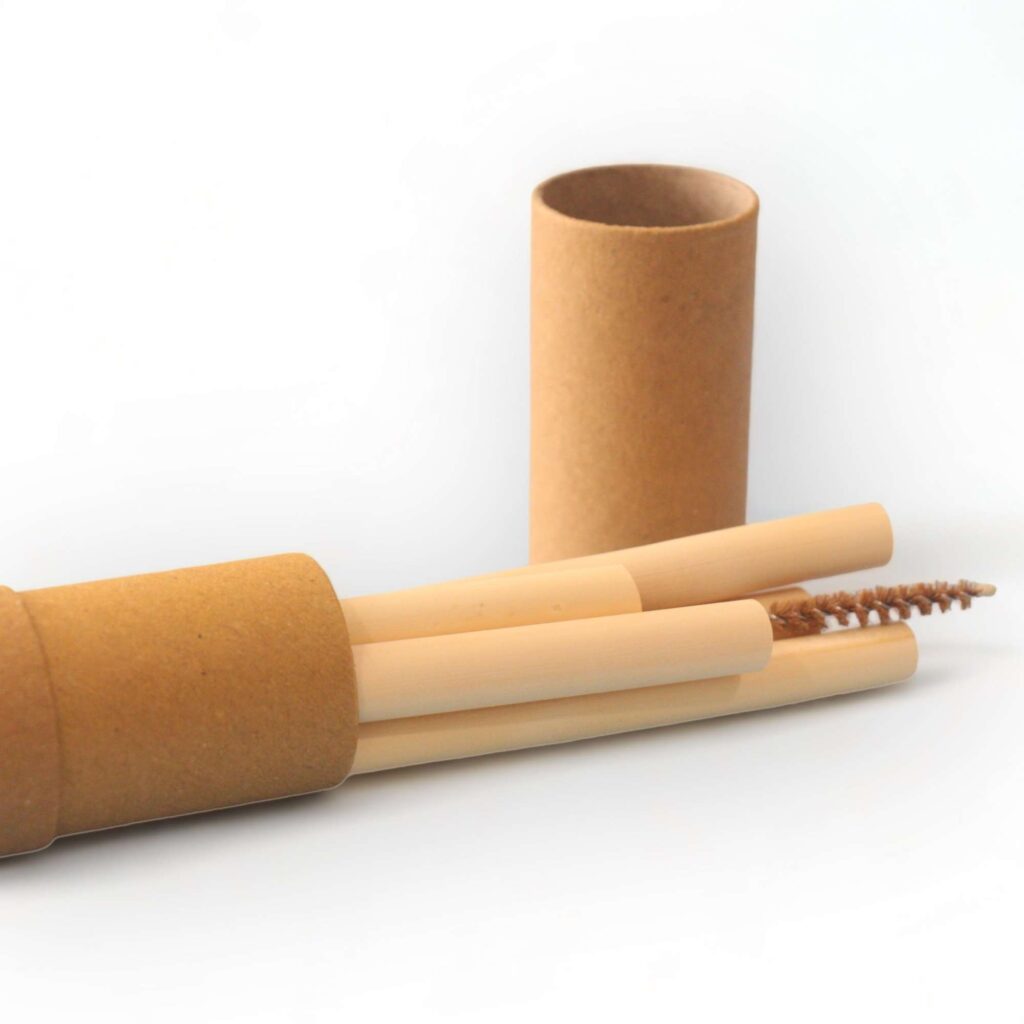American Trappist monk Thomas Merton famously said, “Art enables us to find ourselves and lose ourselves at the same time.” These words could not be truer for Niranjana Krishnakumar, a co-incidental art enthusiast, and the founder of the handmade notebook and fabric journal brand Citta Handmade.
Niranjana was not always knee-deep into paintings and sketching but she could qualify as one of those people who loved trying new things. Her curiosity and passion for learning and getting her hands dirty took her down several paths. She played Ultimate Frisbee, pursued a degree in electronic media and was even a founding volunteer of the NGO, Environmentalist Foundation of India (EFI).
At the brink of an unsatisfactory academic pursuit, she stumbled upon the Young India Fellowship at Ashoka University. It was a liberal arts program with over twenty-four subjects a year—a true delight for someone with several interests like Niranjana. “Many people came to YIF seeking a career shift,” she says, “But to me, it was the place to kickstart my career.”
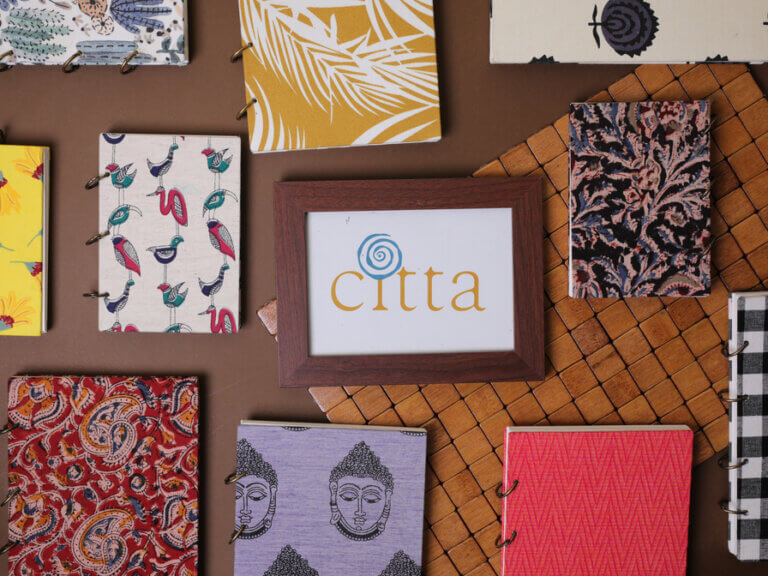
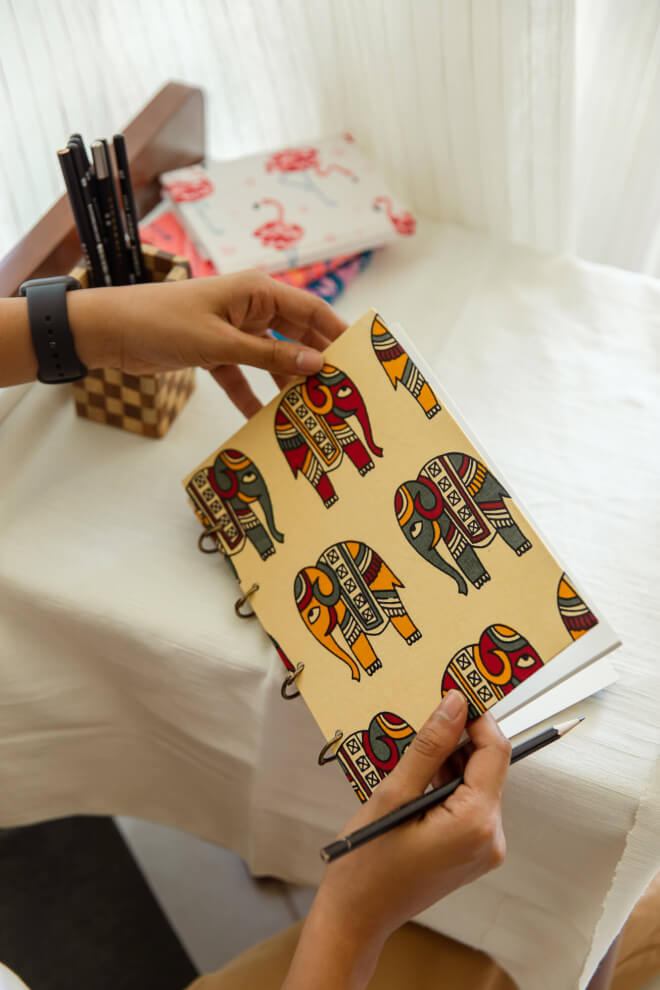
Of the twenty-four courses, the Art Appreciation course was where she experienced her moment of enlightenment. “In one of my lectures, my professor spoke about a painting called ‘The Marriage of Arnolfini’—an oil painting by Jan Van Eyck,” she recalls, “I was amazed by how such a masterpiece that was created centuries ago.” This lecture marked the turning point where she truly gained an appreciation for the fine arts (something she hadn’t given much thought to earlier). From then on, she eagerly attended guest lectures alongside her daily lectures—trying to grasp as much as she could before the end of the program.
Very soon art and craft took over her life. “Before YIF, I was a very extroverted person, and I would make friends anywhere I went,” she narrates, “Art allowed me to enjoy my own company.” Most of her time was spent in blissful solitude within the four walls of her dorm room. She didn’t socialise. She didn’t party. She spent every fleeting minute understanding herself and her newfound passion.
The course came to an end after two months, but she found herself going back to making paintings and sketches and sticking them on handbound notebooks. It became a form of meditative practice, inspiring the name of the brand—Citta Handmade, derived from the Sanskrit word meaning mindfulness.
Besides her love for gifting, one of the early milestones that instigated Niranjana to convert her hobby into a business was the success of her stall at the university during a fair during an alumni meet. “During my first ever sale I sold fifteen books,” she smiles as she looks into a distance while recollecting the memory, “Many YIF students are artists or art enthusiasts, and I figured they would be my target market.”
Moving back to Chennai was a slap back into reality. She was worried that she might not continue making her notebooks, with the change in environment. Just then a pop-up event caught her eye. She immediately set aside some of the money she had saved up to book a stall. Motivated by her downpayment, she played salesman to her products and befriended everyone who walked in her direction at the pop-up. Much to her surprise, her stall was sold out before everyone else. “Trust me, the best place to stand at the pop-up is in front of the stall, next to the customers. Don’t let the table get in between!” she chuckles. Citta Handmade featured in several other pop-ups after that and proved to become a raging success.
The paper was cold-pressed and free of acids, the fabric was sourced locally, and the binding was done with the help of brass rings. She was doing it all on her own from sourcing to putting together the entire product. “Earlier, I would use all kinds of materials like paper, jute thread, fabric and cardboard. I would hard bind my journals or use jute thread to put them together. I did this for the first few journals I sold at my stalls,” she reveals. A serious case of Carpal Tunnel Syndrome led her to onboard four freelancers to her team.
She was one of the few people in YIF who did not apply for placement. She was already handling her business and volunteering at the NGO side by side. However, a time came when she had to pick between financial stability and her current pursuits. She was forced to trade her time as a volunteer to join Freshworks. “I figured getting a full-time job at Freshworks would help harness my selling skills,” she says with optimism, “Now with Citta Handmade and Freshworks on the line, I feel like I’m working two full-time jobs.” The corporate world opened a new window of opportunity for the handmade journal brand. She started reaching out to people in the corporate sector and event planners for bulk orders.
Like most brands, Citta Handmade chose the e-commerce route with the dawn of the Pandemic. The strong social media presence coupled with an online store brought in customers from all around Chennai, Bangalore, Mumbai, Delhi and on several occasions from the Northeast states. Every release would have ten to twelve new designs and an inventory of four hundred journals would be kept. Without bulk orders, the inventory would get cleared out within a month.
As an entrepreneur, Niranjana says that she has had a rewarding experience in Chennai, especially with the booming popularity of pop-ups in the city. “Earlier, people would go to stores and buy things,” she explains. “Now, there are a lot of people going to these pop-ups. In an exhibition with at least thirty to forty brands, around five or ten friends or followers of a brand would likely attend the event, thereby increasing footfall for everyone.”
Through the course of the three-year-old venture, Niranjana’s biggest learning came from finding a mid-ground between being an entrepreneur and an artist. “I used to focus mainly on the design of the notebook in the beginning,” she recalls, “Now, I have to focus on how to sell and expand as well.” It has always been a balancing act. “You need to wear multiple hats throughout the journey.”
In the near future, she seeks to expand her team with more focus on social media marketing as most of the sales are now through Instagram and the website. While Influencer marketing has played a big part in the marketing of Citta Handmade so far, the popularity of reels and the change in algorithm requires the brand to pivot with a new strategy. The brand will also be expanding into other fabric stationery products very soon. The brand’s challenges in the past with offline stores has convinced the founder to focus on her online channels. “I used to retail in stationery stores and cafés before the pandemic,” she narrates, “It proved to be an unreliable means of sales because once the pandemic hit, I had to take all the stock back, and I don’t want a repeat of that.
The co-incidental artist turned entrepreneur looks forward to engaging with the art community as she works towards building a brand that encourages ‘artpreneurship’. Niranjana believes that putting herself out there at pop-up events shaped her to become the entrepreneur she is today. “In a room full of thirty to forty stalls, chances are people might not notice, but if you do get their attention and you convince them with your story the chances of people buying it goes to at least seven out of ten,” she explains, “You just need to be confident in your product and be bold enough to sell it out there,” she concludes, hoping her experience would inspire more artists to put their work out for the world to see.


